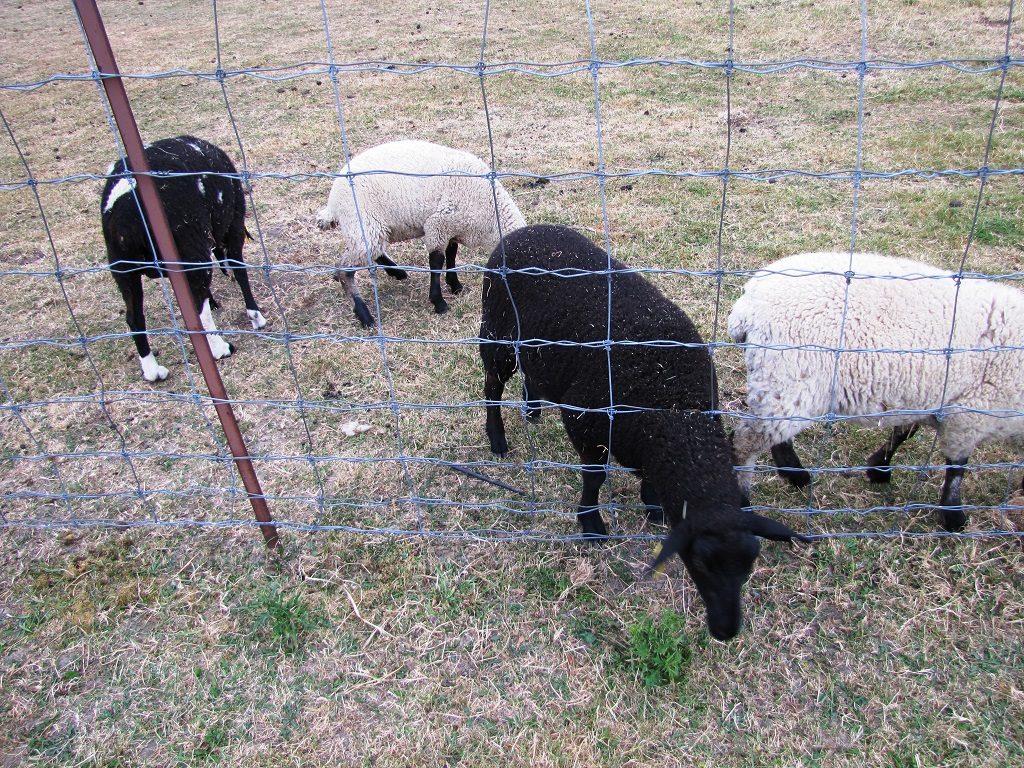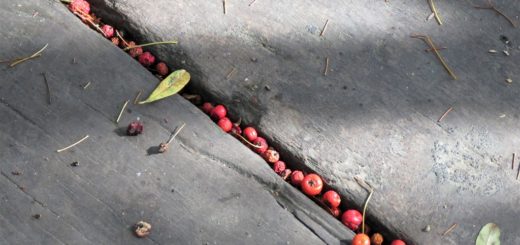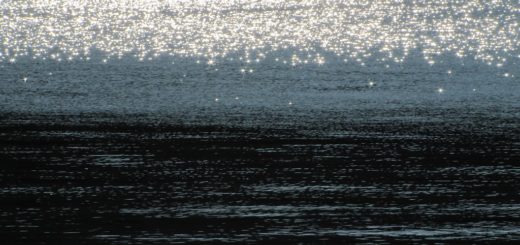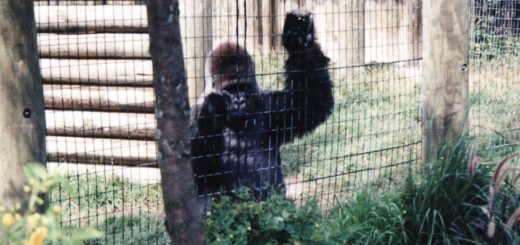Russian Wisdom, Russian Reality
Pushkin wrote the following lines almost exactly two hundred years ago, describing with grim fatalism his vision of liberty’s chances in his fatherland:
“With Freedom’s Seed”
“Behold, a sower went forth to sow.”
With freedom’s seed the desert sowing,
I walked before the morning star;
From pure and guiltless fingers throwing–
Where slavish plows had left a scar–
The fecund seed, the procreator;
Oh, vain and sad disseminator,
I learned then what lost labors are…
Graze if you will, you peaceful nations,
Who never rouse at honor’s horn!
Should flocks heed freedom’s invocations?
Their part is to be slain or shorn,
Their dower the yoke their sires have worn
Through snug and sheeplike generations.
[1823]
— translated by Babette Deutsch
Now, reading these words two centuries on, with Russia ruled by a cartoonish imitation of his communist trainers, an empty husk of his Tsarist ancestors, a nihilistic vulture picking at the last thin sinews of the rotting carcass of a nation that was once among the world’s great bastions of literature, religion, and psychological profundity, how can we not conclude, upon reviewing Pushkin’s words, that the great poet was right? There is, in his country even more than in others, a futility or fatality with respect to all efforts to ignite a general will to freedom, as evidenced, in Pushkin’s time and far more obviously in the succeeding generations, by the fact that Russia, unlike every other important country of the Christian era, has never for one moment embraced a sensible model of individual liberty, even temporarily or falteringly, but has remained steadfastly entrenched in political serfdom and smallness of one form or another.
Even while her most influential neighbors and distant Christian relatives gave birth to ideas and institutions of practical freedom, however improperly or incompletely realized — the kind of ideas and institutions that clearly impressed and inspired her most beloved poet — Russia herself rejected even the initial collective effort required to rise above the feudal and downtrodden tendency of the flock that refuses to “heed freedom’s invocations,” choosing instead, and repeatedly, the condition of a people whose “part is to be slain or shorn,” of a nation satisfied to surrender, generation after sheeplike generation, to a dower consisting only of “the yoke their sires have worn.”
When I see Vladimir Putin’s apologists in the West, most absurdly of all within the ranks of the American political faction that had historically assumed the mantle of liberty’s last hope, “the shining city upon a hill,” insisting today that Putin is a legitimate leader with legitimate “security interests,” I think of the young Pushkin — he wrote “With Freedom’s Seed” at age 23 — and of every Russian youth since that time whose life has been sacrificed to the gods of tyranny, to preserve the eternal infertility of the land where “slavish plows had left a scar” in which no liberal seed will ever germinate.



